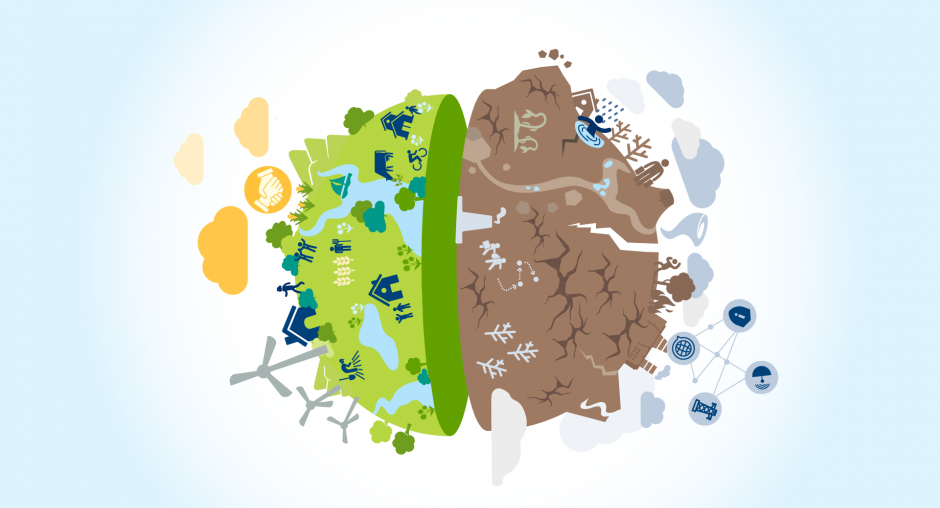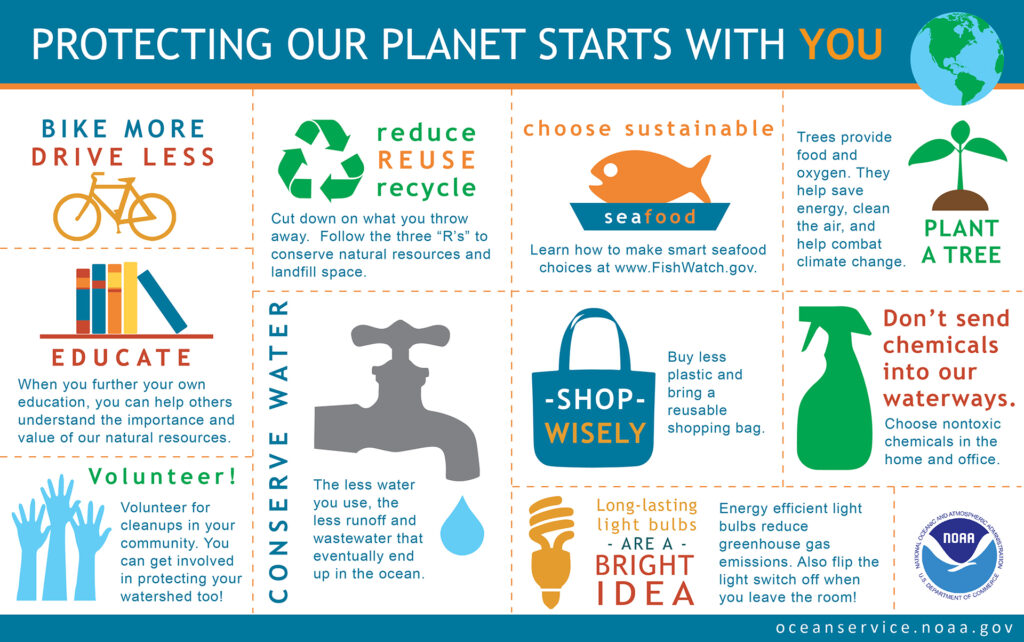By Ilias Siakaras,
Greta Thunberg, a climate activist, said in her speech: “People are suffering, people are dying, entire ecosystems are collapsing, we are at the beginning of a mass extinction and all you can talk about is money and fairy tales of eternal economic growth”. Her words could not be more accurate; we are destroying our own homes, to the point where we might not be able to get things back to normal.
Climate change is becoming a bigger deal every day and we need to do something about our planet before the damage is completely irreversible. First and foremost, one crucial issue nature is facing is the mass production of livestock in the limited land we have. Today’s large-scale agriculture is the leading cause of land conversion, contributes to climate change through deforestation, consumes 70% of the world’s fresh water, and utilizes fertilizer techniques that contaminate our rivers. Agricultural development may damage ecosystems, dump even more carbon into the sky, and dry up rivers as the demand to feed a billion more people grows. By producing food in areas where it is most likely to thrive and by using less water and land, we can reduce the aforementioned number by a lot.

Another useful strategy for environmental preservation is water conservation. Water is a vital resource and is essential for survival. The amount of fresh drinkable water on the Earth is tiny compared to the enormous population; also, the demand for water increases leaps and bounds, while its supply keeps decreasing. Hence wastage and excessive use of water should be curtailed.
Waste management is yet another tenet. Management of waste implies proper disposal of trash. Untreated waste should not be dumped in bodies of water or on land; instead, adequate waste containers, sewage systems, and garbage landfills should be available for individuals to dispose of their trash. The governments should adequately treat it through launching legislative procedures.

From my viewpoint, when it comes to approaching such a sensitive matter, we have to consider it on a national and international level. To elaborate, environmental policies should be based on environmental indicators and data related to pressures and the state of the environment that reflect the interests and needs of citizens and decision-makers. The use of indicators is most effective, as long as it is directly related to nationally or internationally agreed upon time-bound quantitative targets for the long term.
The OECD (Organization for Economic Cooperation and Development) will continue to provide the proper frameworks and methodologies related to the educators, while member countries need to have monitoring programs in order to ensure the collection of scientifically valid data to support these indicators. In addition to that, the OECD Environmental Strategy set out national actions for setting the right prices for the environment; such policies have to be developed with business and non-governmental organizations so as to instill a sense of unification around the globe.
Despite the aforementioned radical changes that must be done in order to save our planet, progress has been noted, since agreements have been made between different governments of various countries, also known as International Environmental Agreements, in order to face the threat. Climate change, oceans, rivers, and air pollution are all included in this pact. However, these accords are sometimes legally bound, and in case they are not followed, it may lead to some legal implications and have a long history with some multinational agreements that were made in the year 1910 in Europe, America, and Africa. Yet, some of the most well-known international agreements are the Kyoto Protocol and the Paris Agreement. It is evident from this environmental protection essay that governments are taking measures to address the issue, yet it is insufficient.
References
- Faber, Malte, Reiner Manstetten, John L. R. Proops, Humankind and the Environment: An Anatomy of Surprise and Ignorance, in Environmental Values 1, no. 3, 1992
- Wolfson, Adi, Humankind, Society, and the Environment: Lessons of the Past and Responsibility to the Future, Academica Press, 2018
- Human Impacts on the Environment, nationalgeographic.com, Available here
- Organization for Economic Cooperation and Development (OECD)’s home page for further information, Available here
- What Effects Do Humans Have On The Environment?, worldatlas.com, Available here




